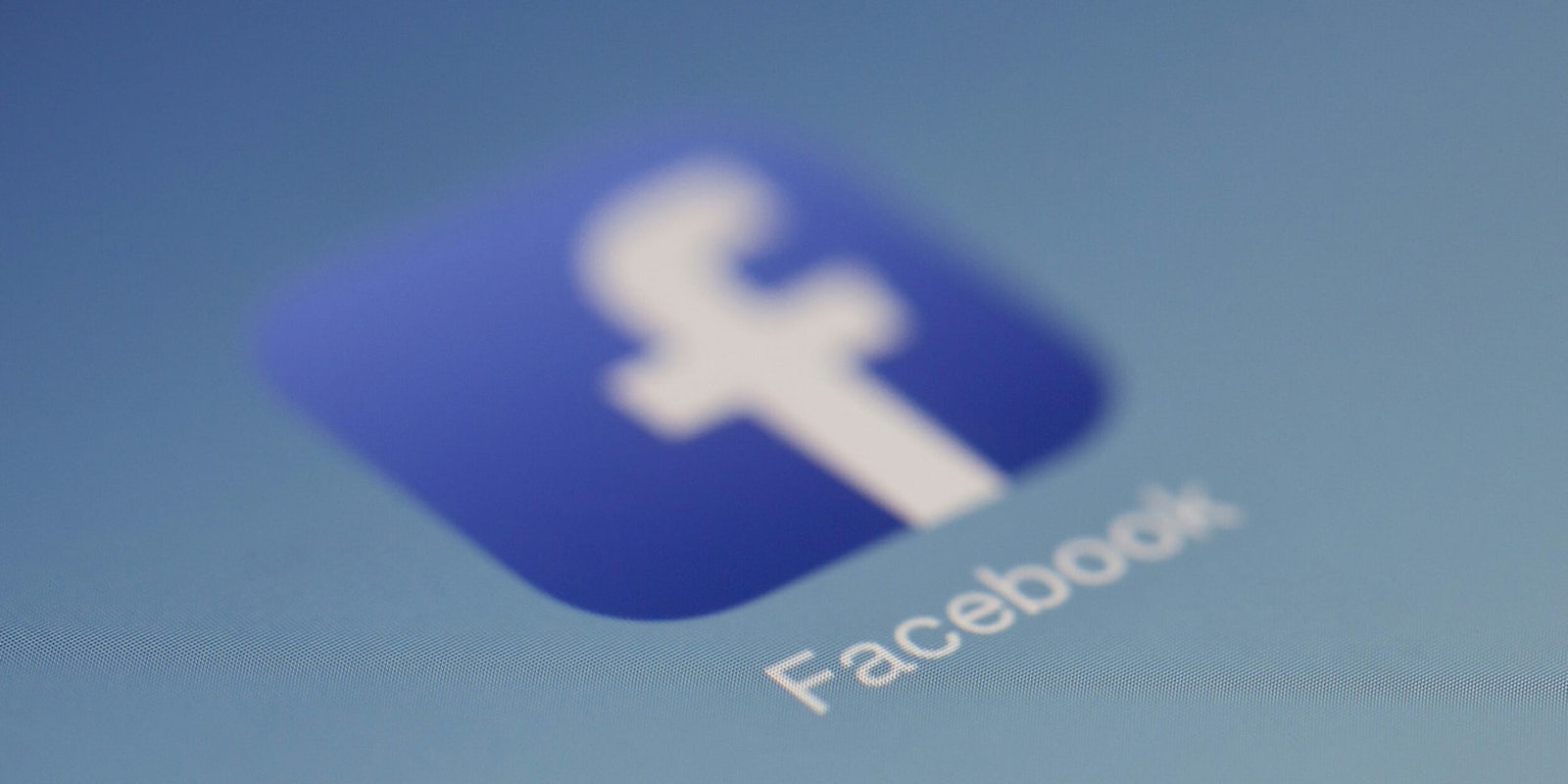Germany is cracking down on large social media networks that don’t react to hate speech quickly enough.
In a law that was passed this summer and will be fully enforced starting Tuesday, social networks like Facebook and Twitter could be fined up to 50 million euros ($60 million) if they don’t remove hate speech within 24 hours of a complaint.
The law actually went into effect in early October but offered a grace period to give social sites time to build up infrastructure and staff to effectively comply. Called the network enforcement act (or NetzDG), the law only applies to social networks with more than 2 million users in Germany. Facebook, Twitter, and YouTube are reportedly the primary targets of the legislation, but other Reddit, Flickr, Tumblr, and Vimeo also fall under the guidelines.
Already, the new law has led to a criminal investigation of Beatrix von Storch, the deputy leader of a far-right German political party who referred to Muslims “barbarians” on Twitter and Facebook. Twitter temporarily banned Storch.
Germany’s law requires that social networks remove hate speech (which includes racist content and instances of fake news) within a day of a complaint being filed. However, if the case isn’t straightforward, networks have up to a week to take action. The German government will have around 50 people on staff to enforce this law. Facebook has beefed up its own content reviewing staff in the country, as well, reportedly hiring several hundred people to review and remove hateful posts.
While the law is well-meaning and could ensure the internet is a more peaceful place, it does have potential negatives.
“To avoid heavy fines, social networks would be tempted to delete content, possibly a great deal of content, thereby restricting free speech and obstructing freedom of information for users of social networks, which are now one of the main methods of accessing news and information,” Reporters Without Borders, an organization that helps defend journalists and freedom of information, wrote in a May blog post before the law was passed.
In recent months, Facebook, Twitter, and other social networks have stepped up their efforts to battle bullying and hate speech on their platforms—albeit sometimes in a misguided way.
If Germany’s law is successful, it’s likely we could see other countries adopt similar legislation. Russia has already followed suit, while other European nations are also highly critical and outspoken about social media companies’ current efforts to combat hate speech.
If all goes well, people will learn to quit posting hurtful, racist content, and social media sites will step up their efforts to take complaints seriously—not just in Germany but across the globe.
H/T BBC News
